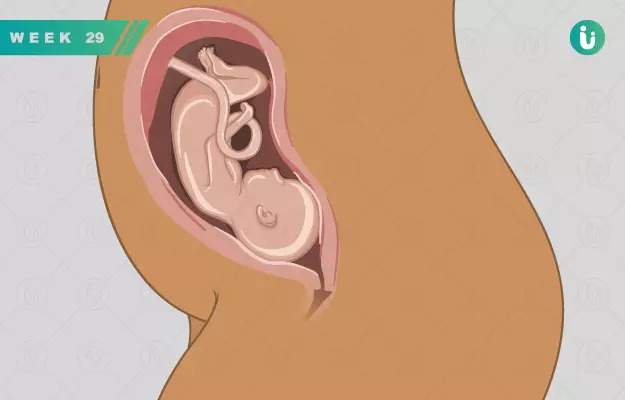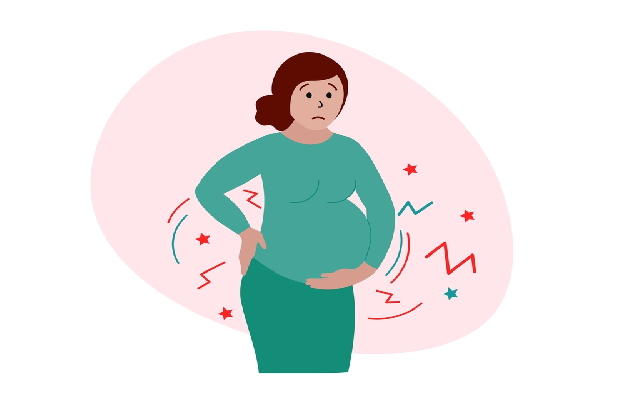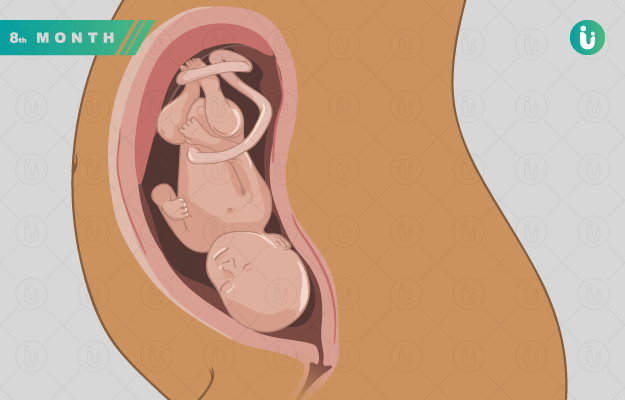Welcome to the 29th week of pregnancy! This is week two of your final trimester. At this point, you may be feeling a little bit of apprehension mixed with a lot of joy. While it’s natural to feel a bit overwhelmed, it is important for you to try and stay happy.
You should take some time out this week to talk to people around you—your doctor, doula, mom, friends and siblings who have had babies recently and the people in your pregnancy yoga or Lamaze class who know what you are going through could be great.
You should also be preparing your home and life for the arrival of your little bundle of joy in just a few weeks from now.
Your aim this week should be to continue following your doctor’s recommendations, including
- Recommendations for your pregnancy diet: Increasing pressure on your digestive organs can lead to indigestion, heartburn and related issues in the third trimester. So, eating small meals with higher fibre content is as important as getting ample rest right now. You need it, and so does your baby, who’s continuing to grow during this week.
- Your doctor may also ask you to reduce strenuous activity and get more rest now. Both these things are important at this stage, because your baby bump is continuing to grow, and it can make you feel wobbly on your feet as well as a little short of breath.
You should maintain a diary to track your baby’s kick count at this stage—this will give you a general idea if and when your baby deviates from the routine you started building a few weeks ago. If you observe anything abnormal in the count, do call the doctor immediately.
You should be thinking about baby-proofing the house and getting the essentials for the baby ready this week, but remember to enlist the help of your spouse, friends and family in this effort.
Here’s everything you need to know about the 29th week of pregnancy.











































